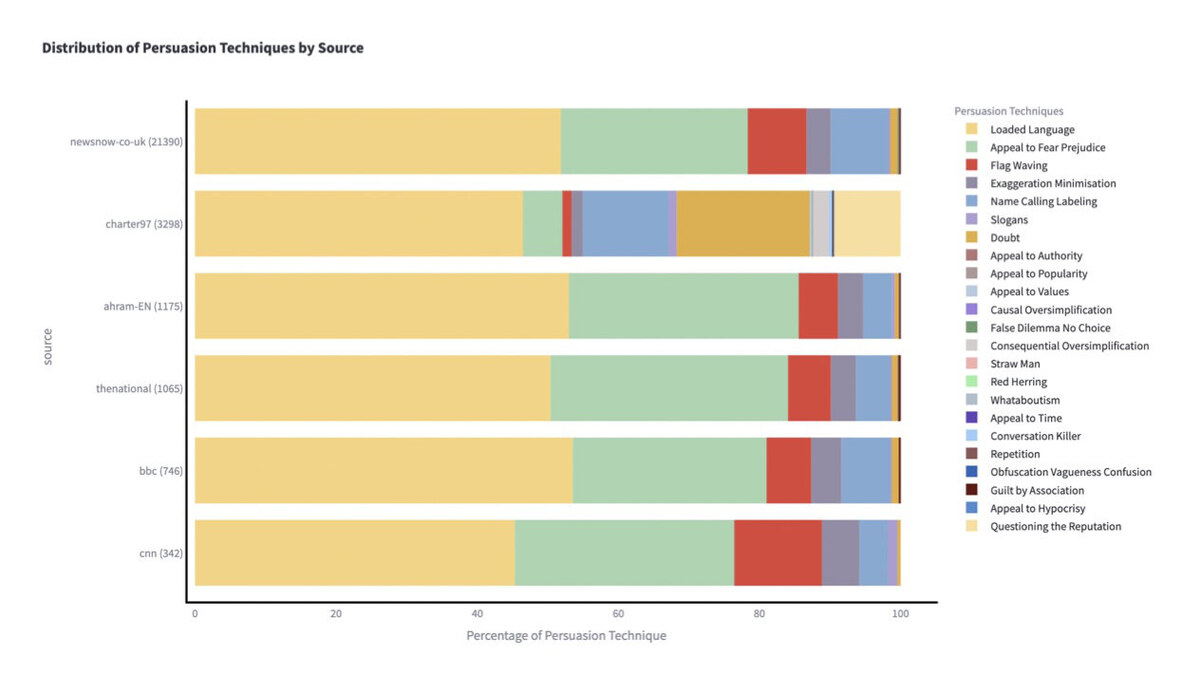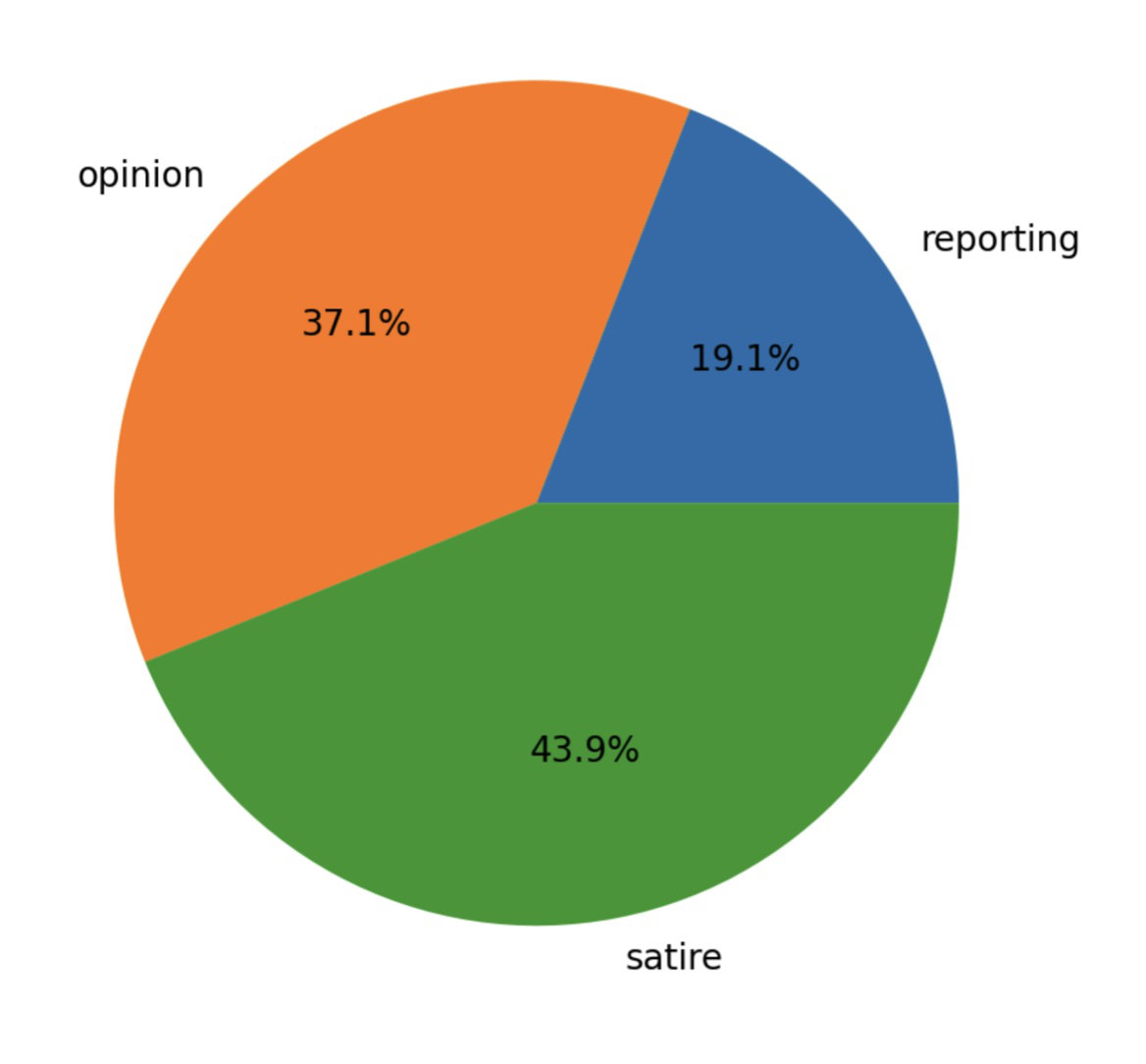SAO PAULO: A Brazilian Supreme Court justice on Friday ordered the suspension of Elon Musk’s social media giant X in Brazil after the tech billionaire refused to name a legal representative in the country, according to a copy of the decision seen by The Associated Press
The move further escalates the monthslong feud between the two men over free speech, far-right accounts and misinformation.
Justice Alexandre de Moraes had warned Musk on Wednesday night that X could be blocked in Brazil if he failed to comply with his order to name a representative, and established a 24-hour deadline. The company hasn’t had a representative in the country since earlier this month.
In his decision, de Moraes gave Internet service providers and app stores five days to block access to X, and said the platform will remain blocked until it complies with his orders. He also said people or companies who use virtual private networks, or VPNs, to access X will be subject to daily fines of 50,000 reais ($8,900).
“Elon Musk showed his total disrespect for Brazilian sovereignty and, in particular, for the judiciary, setting himself up as a true supranational entity and immune to the laws of each country,” de Moraes wrote.
Brazil is an important market for X, which has struggled with the loss of advertisers since Musk purchased the former Twitter in 2022. Market research group Emarketer says some 40 million Brazilians, roughly one-fifth of the population, access X at least once per month.
X had posted on its official Global Government Affairs page late Thursday that it expected X to be shut down by de Moraes, “simply because we would not comply with his illegal orders to censor his political opponents.”
“When we attempted to defend ourselves in court, Judge de Moraes threatened our Brazilian legal representative with imprisonment. Even after she resigned, he froze all of her bank accounts,” the company wrote. “Our challenges against his manifestly illegal actions were either dismissed or ignored. Judge de Moraes’ colleagues on the Supreme Court are either unwilling or unable to stand up to him.”
X has clashed with de Moraes over its reluctance to comply with orders to block users.
Accounts that the platform previously has shut down on Brazilian orders include lawmakers affiliated with former President Jair Bolsonaro’s right-wing party and activists accused of undermining Brazilian democracy.
Musk, a self-proclaimed “free speech absolutist,” has repeatedly claimed the justice’s actions amount to censorship, and his argument has been echoed by Brazil’s political right. He has often insulted de Moraes on his platform, characterizing him as a dictator and tyrant.
De Moraes’ defenders have said his actions aimed at X have been lawful, supported by most of the court’s full bench and have served to protect democracy at a time in which it is imperiled. His order Friday is based on Brazilian law requiring foreign companies to have representation in the country so they can be notified when there are legal cases against them.
Given that operators are aware of the widely publicized standoff and their obligation to comply with an order from de Moraes, plus the fact doing so isn’t complicated, X could be offline as early as 12 hours after receiving their instructions, said Luca Belli, coordinator of the Technology and Society Center at the Getulio Vargas Foundation, a university in Rio de Janeiro.
The shutdown is not unprecedented in Brazil.
Lone Brazilian judges shut down Meta’s WhatsApp, the nation’s most widely used messaging app, several times in 2015 and 2016 due to the company’s refusal to comply with police requests for user data. In 2022, de Moraes threatened the messaging app Telegram with a nationwide shutdown, arguing it had repeatedly ignored Brazilian authorities’ requests to block profiles and provide information. He ordered Telegram to appoint a local representative; the company ultimately complied and stayed online.
X and its former incarnation, Twitter, have been banned in several countries — mostly authoritarian regimes such as Russia, China, Iran, Myanmar, North Korea, Venezuela and Turkmenistan. Other countries, such as Pakistan, Turkiye and Egypt, have also temporarily suspended X before, usually to quell dissent and unrest. Twitter was banned in Egypt after the Arab Spring uprisings, which some dubbed the “Twitter revolution,” but it has since been restored.
A search Friday on X showed hundreds of Brazilian users inquiring about VPNs that could potentially enable them to continue using the platform by making it appear they were logging on from outside the country. It was not immediately clear how Brazilian authorities would police this practice and impose fines cited by de Moraes.
Mariana de Souza Alves Lima, known by her handle MariMoon, showed her 1.4 million followers on X that she would go to rival social network BlueSky, posting a screenshot and saying: “That is where I’m going.”
X said that it plans to publish what it has called de Moraes’ “illegal demands” and related court filings “in the interest of transparency.”
Also on Thursday evening, Starlink, Musk’s satellite Internet service provider, said on X that de Moraes this week froze its finances, preventing it from doing any transactions in the country where it has more than 250,000 customers.
“This order is based on an unfounded determination that Starlink should be responsible for the fines levied— unconstitutionally— against X. It was issued in secret and without affording Starlink any of the due process of law guaranteed by the Constitution of Brazil. We intend to address the matter legally,” Starlink said in its statement.
Musk replied to people sharing the reports of the freeze, adding insults directed at de Moraes. “This guy @Alexandre is an outright criminal of the worst kind, masquerading as a judge,” he wrote.
Musk later posted on X that SpaceX, which runs Starlink, will provide free Internet service in Brazil “until the matter is resolved” since “we cannot receive payment, but don’t want to cut anyone off.”
In his decision, de Moraes said he ordered the freezing of Starlink’s assets, as X didn’t have enough money in its accounts to cover mounting fines, and reasoning that the two companies are part of the same economic group.



































